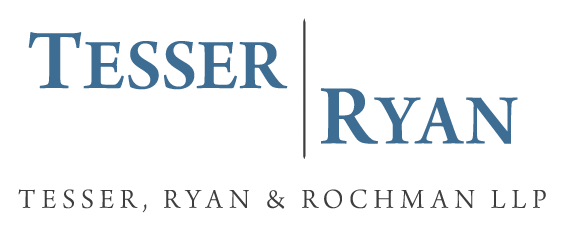New York Business Court Requires Mediation
Formed in the 1990s, the Commercial Division of the New York Supreme Court is a part of the New York state court system that is specialized to deal with business cases. There are restrictions on what type of case can be brought in the Commercial Division. For example, in New York City, cases will only be heard if more than $150,000 is at issue.
There are many benefits to bringing a case in the Commercial Division. The judges are experienced in hearing business cases, the court is designed to expedite cases and process them efficiently, and there is a degree of state-wide uniformity regarding court rules and procedure.
A new Commercial Division rule requires that, starting early next year, lawyers set to proceed with litigation will be required to discuss the possibility of Alternative Dispute Resolution (“ADR”) with their clients.
ADR is an umbrella term which includes:
- Arbitration: submitting the case to a neutral third party to make a binding decision without all the formalities of litigation;
- Negotiation: a conversation between the disputing parties in an attempt to settle the matter; and
- Mediation: a conversation between the disputing parties in which a neutral third party acts as a facilitator to help the parties attempt to reach an agreement.
For parties, considering ADR is a good idea because it can save money that would otherwise be devoted to prolonged litigation and it allows for more creative, win-win solutions that litigations, which is generally based on the winner-take-all model. Promoting ADR also benefits the court because it clears up the docket so that judges can devote more resources to the cases that truly need judicial intervention and cannot be settled by other means.
After undergoing a pilot program and hearing public comments, the amendment was passed. In addition to requiring attorneys to discuss the possibility of ADR and mediation with their clients, the new rule incorporates preparation for mediation into the standard pre-trial procedure.
Despite its many advantages, many attorneys are hesitant to recommend mediation to their clients because they fear it will affect their clients’ or their adversaries’ views of them. There is a mistaken belief that negotiating in a mediation session requires that you compromise your interests, or give in to an opposing party’s demands. Similarly, some are worried that if they suggest mediation to an opponent, they will appear to not have faith in their legal claims. The new requirements take the pressure off of attorneys by mandating that they discuss ADR; they can be pragmatic about resolving conflicts without concern for their reputation.
ADR and mediation are becoming increasingly more ubiquitous. Mediation is now an essential literacy for businesses, professionals, and attorneys.
Whether you are arguing a case in the Commercial Division, attempting to resolve a budding dispute, or even forming a company or signing a partnership agreement, ignorance of ADR processes will set you seriously behind the curve, and might lead you to violate court rules.
The attorneys at Tesser, Ryan & Rochman, LLP are experienced in commercial litigation and ADR procedures. Call (212) 754-9000 to discuss your business and learn about arbitration, negotiation, and mediation.
